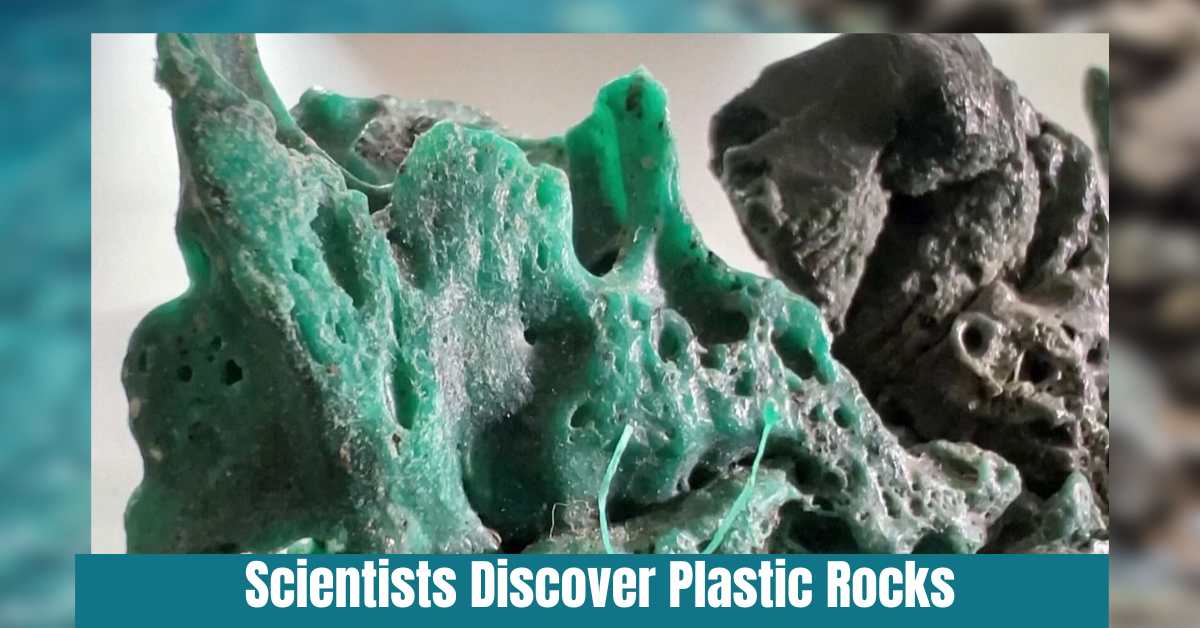Scientists have long been interested in the geology of Brazil’s volcanic Trindade Island, but recent discoveries of plastic debris-made rocks in this remote turtle haven have raised concerns. On the island, which is situated 1,140 kilometers (708 miles) from the state of Espirito Santo in the southeast, melted plastic has entwined itself with rocks, which geologists say is proof of humans’ expanding impact over the earth’s natural cycles.
The fact that pollution has affected geology is both novel and scary, according to Fernanda Avelar Santos, a geologist at the Federal University of Parana. The rocks known as “plastiglomerates” were subjected to chemical tests by Santos and her colleagues to determine the type of plastics present. Plastiglomerates are composed of a mixture of sedimentary grains and other debris held together by plastic.
The majority of the pollution, according to Santos, is caused by fishing nets, which are frequent beachside trash. “The sea currents drag the (nets), which then build up on the beach. This plastic melts as the temperature rises and becomes ingrained in the organic stuff of the beach.
You can also check out some of our more recent articles here:
- Brooke Shields Documentary: She Claims to Have Been S*xually Assaulted 30 Years Ago
- Experience Far Cry 5 Like Never Before With Free Weekend and 60 Fps Boost
- Idris Elba and Mo Abudu Unite to Revolutionize African TV and Film
The green turtle, Chelonia mydas, is one of the most endangered species in the world, and every year, thousands of them come to lay their eggs on Trindade Island. The Brazilian navy, which keeps a post on the island and guards the turtle nests, is the only human population on Trindade.
In Brazil, close to the area where green turtles lay their eggs, we discovered these samples of plastic, according to Santos. According to Santos, the discovery raises concerns about the impact of humanity on the planet. Santos referred to a postulated geological period marked by humans’ impact on the planet’s geology and ecosystems and said, “We talk so much about the Anthropocene, and this is it.
“Pollution, trash in the ocean, and improperly discarded plastic are turning into geological material that is retained in the earth’s geological records,” the UN Environment Programme stated.
